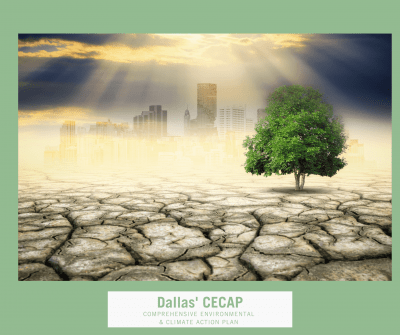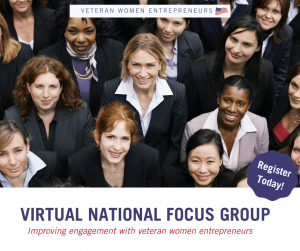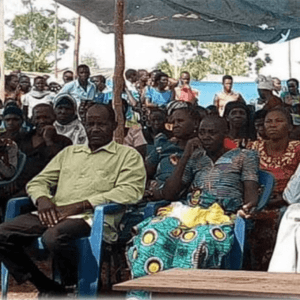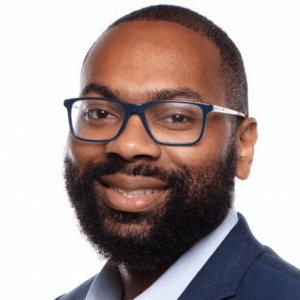In the Fall 2020 issue of the International Monetary Fund’s Finance & Development journal, Joseph Stiglitz, Columbia University professor and Nobel Memorial Prize in Economic Sciences recipient, wrote an opinion piece titled, “Conquering the Great Divide”. In it, Stiglitz shares that the pandemic has exposed and exacerbated the gap between the rich and the poor.
Even prior to the pandemic, Stiglitz had written about inequality in America. His 2016 book, “The Great Divide”, diagnoses what he believes are the causes of this inequity and suggests ways that the U.S. can create a more equal society, one where everyone prospers. Now, Stiglitz persists that the “great divide” has only widened, as COVID-19 has disproportionately affected the poor. He goes on to conclude that, unless action is taken now, inequality will continue on this upward trend.
Stiglitz proposes various solutions to this issue. First, he suggests that we must accelerate upskilling as the job market shifts towards automation. Second, he argues that we need to rewrite the rules of the economy. This includes monetary policies that emphasize low unemployment across all groups, corporate governance laws that focus on providing value for all stakeholders, and globalization rules that protect workers and the environment.
Just as the pandemic has shown the extent of the “great divide” within countries, it has also exposed the vast inequality across countries. Those countries with lesser developed economies have disproportionately been affected by the pandemic, as they have poorer health conditions and less prepared health systems. Moreover, they do not have the necessary resources to respond to the economic aftermath. Thus, Stiglitz calls on the more developed countries to provide assistance to the developing countries in order to expedite the economic recovery process. Specifically, he suggests the use of Special Drawing Rights (SDRs).
Stiglitz maintains that equality is crucial for a growing and stable global economy, and we must adapt our policies and actions to deal with the long-lasting implications of the pandemic.
To read more about the Hunt Institute’s work to develop future-focused solutions to some of the world’s biggest problems, please click here. For the latest news on the Hunt Institute, follow our social media accounts on LinkedIn, Facebook, Twitter, and Instagram. We invite you to listen to our Podcast called Sages & Seekers. If you are considering engaging with the institute, you can donate, or sign-up for our newsletter by emailing huntinstitute@smu.edu.
















